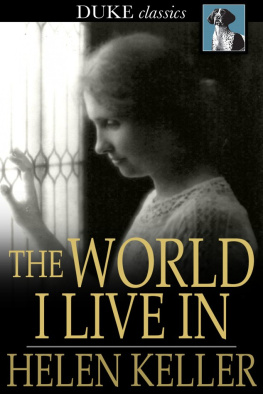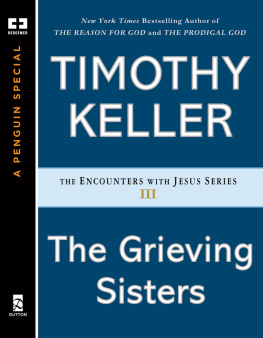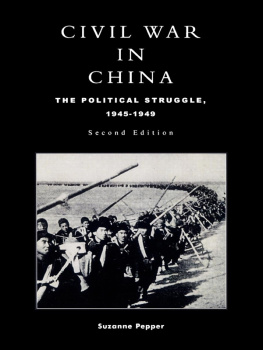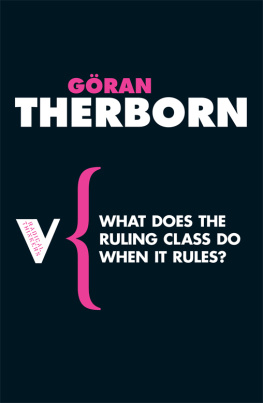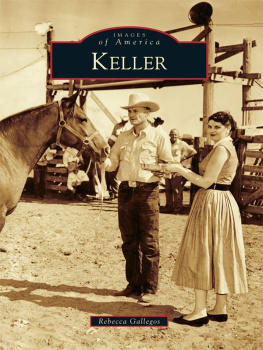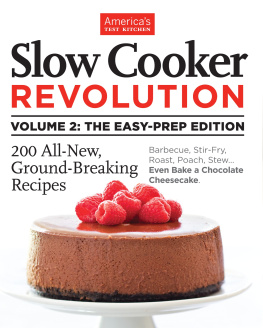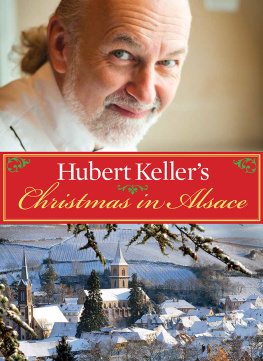Originally published in 1963 by Random House, Inc.
Published 1991 by Transaction Publishers
Published 2017 by Routledge
2 Park Square, Milton Park, Abingdon, Oxon OX 14 4RN
711 Third Avenue, New York, NY 10017, USA
Routledge is an imprint of the Taylor & Francis Group, an informa business
All rights reserved. No part of this book may be reprinted or reproduced or utilised in any form or by any electronic, mechanical, or other means, now known or hereafter invented, including photocopying and recording, or in any information storage or retrieval system, without permission in writing from the publishers.
Notice:
Product or corporate names may be trademarks or registered trademarks, and are used only for identification and explanation without intent to infringe.
Library of Congress Catalog Number: 91-6453
Library of Congress Cataloging-in-Publication Data
Keller, Suzanne Infeld, 1927-
Beyond the ruling class: strategic elites in modern society/Suzanne Keller; with a new introduction by the author,
p. cm.
Reprint. Originally published: New York: Random House, c1963.
Includes bibliographical references and index.
ISBN: 1-56000-550-5
1. Elite (Social sciences) 2. Power (Social sciences) 3.
Social classes. 4. Prestige. I. Title
HM141.K4 1991
305.52-dc20
91-6453
ISBN13: 978-1-56000-550-6 (pbk)
Contents
Introduction to the Transaction Edition
Elites defined
Influential theories of elites
Questions and pitfalls in the study of elites
Plan of this book
Types of social core groups
The rise of social core groups and social classes
Two historical illustrations
Origins of social classes
The perpetuation of social classes
The ruling class: Marx and Engels
The ruling class and strategic elites
Growth of population
Growth of the division of labor
Growth of formal organization and its social implications
Growth of moral diversity
Rise of functional elites
Elites as minorities
A functional model of the social system
Emergent types of elites
External and internal elites
Modes of organization
Instrumental and expressive aspects of elite roles
Elites in industrialized societies
A note on elites in the developing countries
Rank order among strategic elites
The collective conscience and strategic elites
Moral differences among strategic elites
Cohesion among strategic elites
Three kinds of collective symbols
Instrumental and symbolic functions
Symbolic reciprocity between strategic elites and their publics
Symbols and sentiments
Desirable attributes
The search for candidates
Selecting desirable candidates
Attracting desirable candidates
Responsibilities and rewards
Patterns of recruitment
Problems of definition and boundaries
Social origins of strategic elites
Education and careers
Internal and external elites
Some implications
Circulation of elite individuals
Circulation of elite positions
Recapitulation
Equality
Freedom and despotism
I. Moral differentiation among elites
II. Social class origins of various elites
III. Trends in social class origins of elites
IV. Lineage, ethnic, and religious backgrounds
V. Trends in ascribed attributes
VI. Types of ascent for the disadvantaged
VII. Elites narrowly defined
VIII. Career lines of various elites
IX. The prevalence of lawyers
Introduction to the Transaction Edition
It is a curious experience to return to a book committed in ones youth. Not only has ones own outlook changed but world events have transformed the physical, intellectual, and political contours of a globe beset with terrorism, revolutions in Eastern Europe, militant fundamentalism in the Middle East, oil crises, and the rise of new power blocs and baffling alliances. Such a retrospective assessment, sobering as it may be, is also, however, part of the responsibility of the serious intellectual.
One question of interest, then, is how, with the hindsight of experience, and having taught and thought about the complex topic of elites for some decades, do I now view my original hypotheses and conclusions? Can I stand by the insights of more than two decades ago or must I bury my head in sands of shame? In part the answer must rest on what academic scholarship has contributed to the discourse in the interim. What advances have been made? What new methods are there, what novel ideas?
One conclusion may be stated at the outset: studies of elites over the past several decades reveal fascinating leaves but few trees, statistics aplenty but no grand new theory to illumine them. Why not, one is led to wonder? Why was the nineteenth century preoccupied with the phenomenon of elites while the late twentieth-century largely ignores them? Was it the polemic between Marxists and liberals or between radicals and aristocrats that sparked the intense interest and brilliant theories of the last century? Was it the stunning upheaval of the French Revolution? Perhaps a less globally interconnected world made certain themes easier to grasp? Whatever the reason, there are fragments and nuggets of good work but no unifying themes or visions. To be sure, the giants in the elite hall of fame continue to radiate their influence. Marx, though toppled politically, is still alive in the ongoing debates over class power and elite rule and Michels has, if anything, gained ground, but they are honored more by repetition than by advancing their key ideas.
In contemporary social science, political scientists lead the rest in according elites a featured place as an object of conceptual and empirical scrutiny. All too often, however, there is a tendency to focus on a specific elite-typically the political elite-rather than analyze elites in the context of the wider society. And yet, the weight of the historic and sociological evidence leaves little doubt that to understand a particular elite requires a general theory of society and of the place of elites within it.
That there is an essential interconnection between elites and society is forcefully demonstrated in the case of revolutionary elites and revolutionary situations generally. In this very year (1990), we have witnessed numerous elites desert the stage of history, leaving headless bodies politic and social in their wake. What an extraordinary spectacle, to see this largely voluntary and peaceful (Rumania apart) abdication of political, ideological, and cultural power in full public view. It is a compelling illustration of Paretos proposition that elites lose their right to live when they have already lost their will to live.




